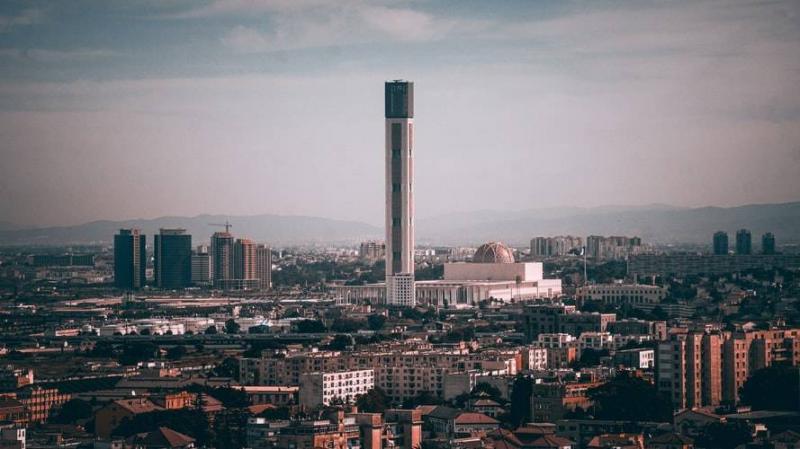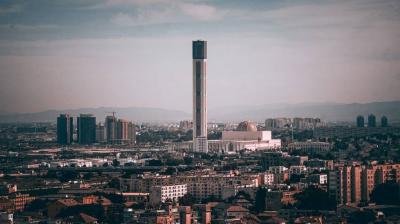Today, Saturday, Algeria is holding its first parliamentary elections following the referendum on constitutional amendments, while authorities hope to see high participation rates in the electoral process. These elections for the National People's Assembly in Algeria are also the first after the term of former President Abdelaziz Bouteflika, marking the seventh such election in three decades. This election comes as part of political reforms promised by Algerian President Abdelmadjid Tebboune after widespread protests in 2019, which prevented a fifth presidential term for Bouteflika.
Around 24 million voters are expected to participate in these elections to choose 407 deputies from approximately 25,000 candidates distributed across 1,483 electoral lists. Twenty-eight parties are participating, represented by more than 10,000 candidates across 646 electoral lists, while four parties have announced their boycott of the elections: the Socialist Forces Front, the Rally for Culture and Democracy, the Union for Change and Progress, and the Workers' Party.
Notable Appearance of Independents
In this election, independent lists made a remarkable appearance in Algeria's electoral campaigns. For the first time in the country's history, the number of independent candidate lists has exceeded that of party lists. Political parties in Algeria face financial and organizational crises, except for the two parties close to the authorities, "National Liberation Front" and "National Democratic Rally." As party influence wanes, independents have found a suitable environment for competition, with the number of independent lists reaching 837 and comprising around 12,000 independent candidates, compared to about 646 lists from parties.
Independent lists have benefited from facilitations granted by the new electoral law, such as reducing the required endorsements and state financing for the campaigns of young independent candidates. Due to these facilitations, parties accuse independents of benefiting from state support, while independents argue that most parties are relics of the past and lack popular backing. Thus, independent candidates are betting on public disillusionment with the performance of parties and their ties to the previous regime and corrupt finances.
Independents pride themselves on having no connection to corrupt money and the political system that prevailed over the past decades. They benefit from the stipulation of the new electoral law that candidates must not be connected to questionable business and financial circles. If the ballot boxes reflect the promotional strength displayed by the independent lists, these elections could lead to the emergence of a new political class aligned with the current authorities' tendencies.




